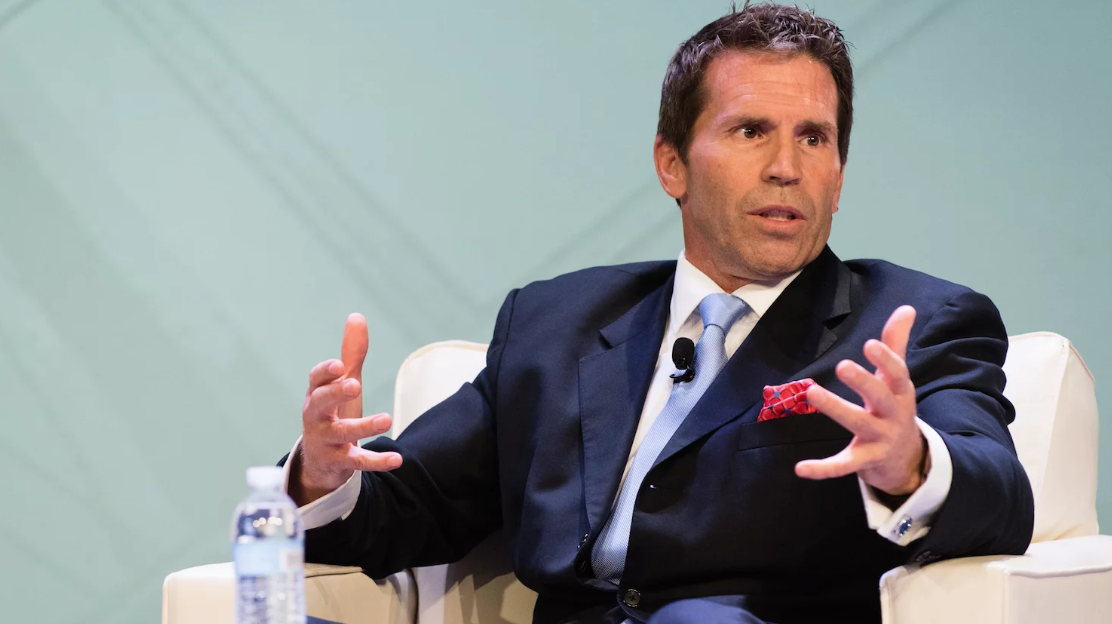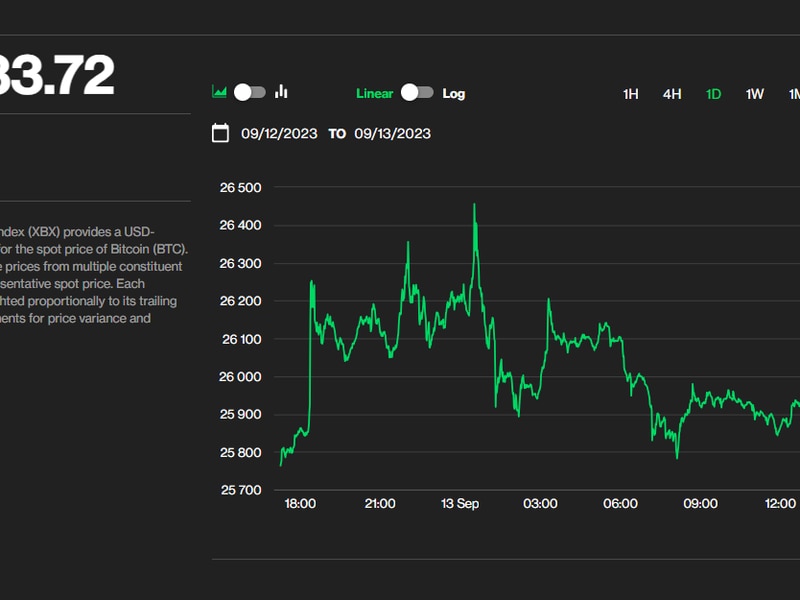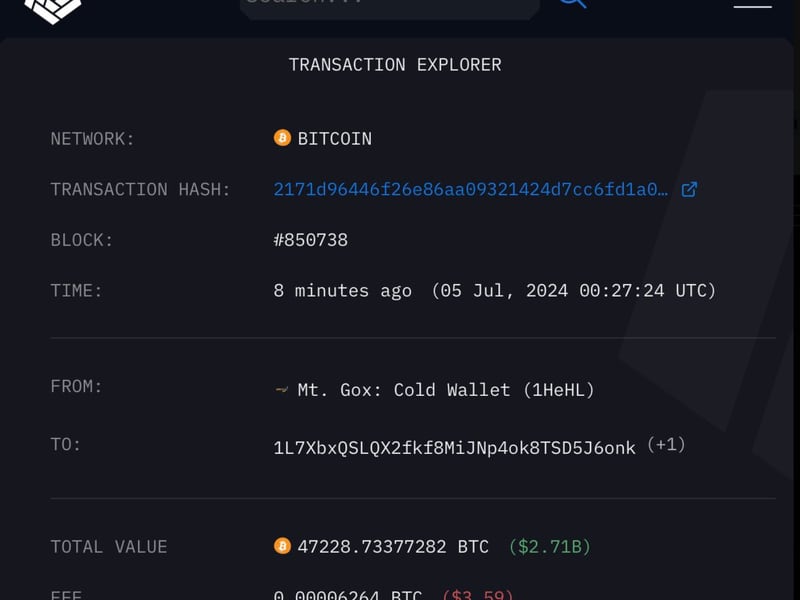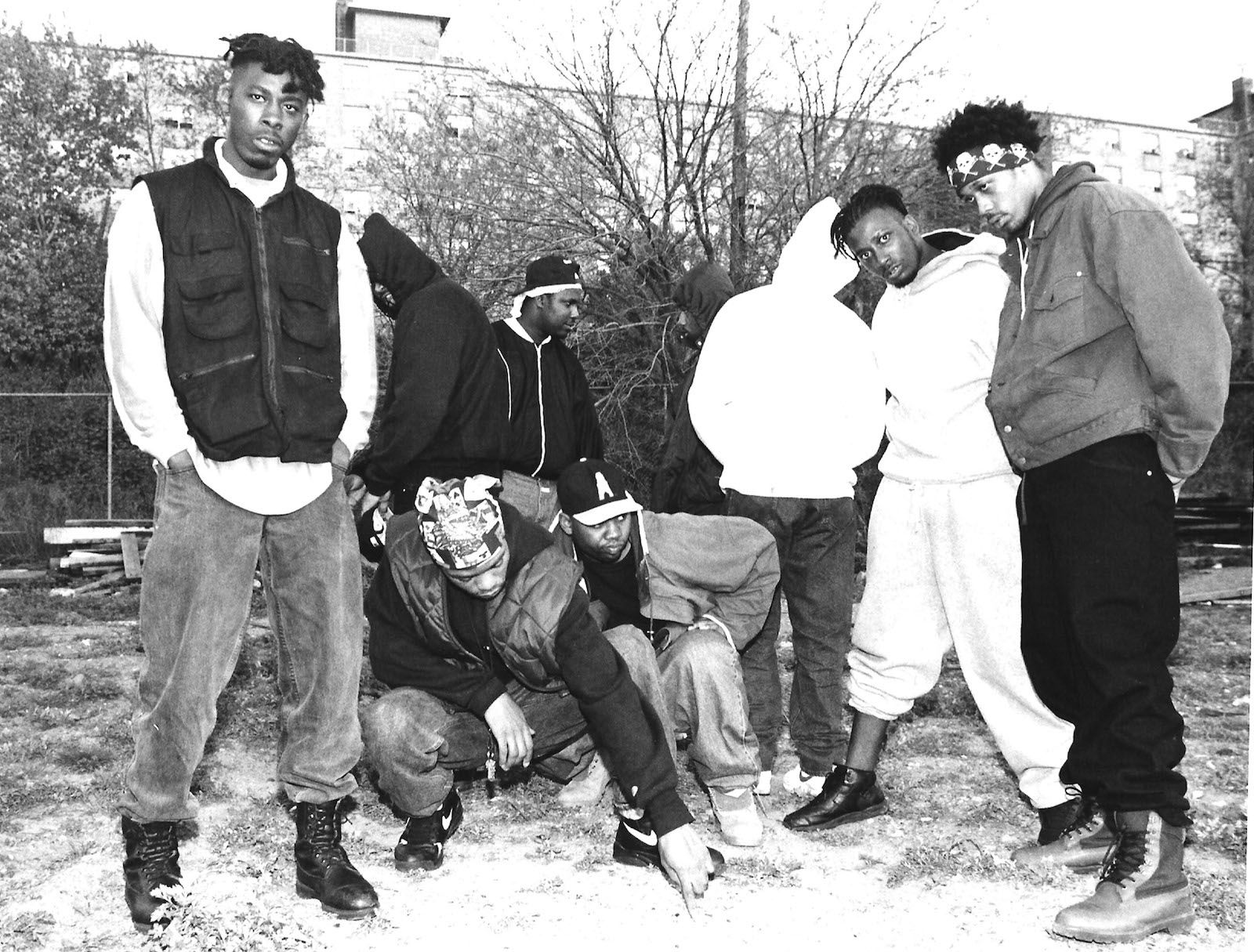Miami Mayor Previews ‘Favorable’ Crypto Policy
In an interview with CoinDesk, Francis X. Suarez explains how he plans to attract the crypto industry to Florida.

Miami Mayor Previews ‘Favorable’ Crypto Policy
Miami Mayor Francis X. Suarez wants his south Florida city to be a hub for crypto. Following in the footprints of crypto-forward pols in the U.S. states of Wyoming and New York, the Republican mayor is working on an ambitious set of rules and regulations to turn his beachside city into a teeming sandbox. A draft of these new rules could be revealed as early as next week, he told CoinDesk.
For months, Suarez has been courting the crypto industry as part of his larger call to attract technology firms and their capital to Miami. Faced with bloated rents but little city fun amid pandemic precautions, many white-collar workers in California’s Silicon Valley and in New York City have decamped to other cities across the country. Miami’s particular draw: sunshine, warm water, and – of course – lower taxes. Soon it will add a comprehensive crypto policy added to that list.
“We’re excited to be a trend‑setting city at the forefront of crypto and blockchain technology,” Suarez said over Zoom Tuesday, dialing in from his enviable ocean-view office. “We want to make sure that there is no city or state that has more favorable laws and regulations.”
This includes “making sure” there’s a regulatory environment for businesses to become chartered banks, like Kraken or Avanti, as well as welcoming crypto exchanges to operate in the city. Suarez said he’s looking at “Wyoming’s legislative structure” – he’s been in touch with Caitlin Long, that state’s pioneer – and “New York’s regulatory structure.”
“Imitation is the highest form of flattery,” Suarez offered, when pressed for details. The bill is still being written, though could be part of the legislative session beginning in March. That said, this type of regulatory broadside could be difficult to pull off in a month, even if sponsored by Senate and House representatives in the state. Suarez didn’t comment who these cosigners might be.
“Everybody has limited authority,” he said, adding, “I will meet with anybody. I will be happy to meet with [Florida’s] governor about it.”

Suarez took office in 2017 as part of a political dynasty (his father Xavier held the same position). He said he had a “very close relationship” with Florida Chief Financial Officer Jimmy Patronis, who put him on the state’s Blockchain Task Force. Part of the state’s Department of Financial Services, the working group looks to research potential blockchain applications for state use, including in record-keeping, data security and identity as well as recommend policy or strategic investments. It reports to the legislature and governor.
“I’m meeting with state legislators, which will ultimately create the laws that hopefully [the governor] will sign,” Suarez said.
At the city level, Suarez’s ambitions are equally ambitious. He’s “looking at” ways to pay municipal employees a percentage of their salary in bitcoin and allow residents to use bitcoin and other cryptocurrencies for “payments and fees,” including taxes.
Miami wouldn’t be the first governmental body to accept crypto for taxes, though under Suarez’s tenure it could become the first city to place a portion of its treasury in bitcoin. Again, details were scant, though Suarez said it’d likely take the form of a public-private partnership.
“We want to be a city that is the most cutting edge,” he said.
While a firm believer in blockchain technology, Suarez admits these policies are a play to attract the high-growth tech and crypto sectors, placing the city at the forefront of “American innovation.”
Snowbirds
The story began in December, after a prominent venture capitalist tweeted, “ok guys hear me out, what if we move silicon valley to miami.” Suarez replied, “How can I help?” It was a tweet that hit a nerve in Silicon Valley, where technologists were beginning to feel the sweat of a progressive government. At least 2.3 million people saw the tweet, based on organic impressions, a couple hundred retweeted it, and dozens of high-profile inventors and investors have taken up the clarion call.
Since then Suarez has been in non-stop conversations with people on and offline about moving to Miami or improving the city. This includes Valley-notables Peter Thiel and Keith Rabois, soccer star David Beckham (co-owner of Inter Miami) and a host of pros from crypto.
He’s taken meetings with the Winklevoss twins of Gemini, Brian Armstrong of Coinbase as well as executives of bitcoin mining firms and assorted blockchain projects. On the day I spoke with Suarez, he ate lunch with early bitcoin advocate (and Florida native) Charlie Shrem. After speaking with the mayor, investor and podcaster Anthony Pompliano said he’d move to Miami for a few months.
We want to make sure that there is no city or state that has more favorable laws and regulations.
“There hasn’t really been anybody that, assuming that they’re vetted, that I wouldn’t meet with,” Suarez said.
“I’ve been impressed by his intellectual curiosity, along with his open minded approach to creating an environment for founders and investors,” Pompliano said over email. “It is a no-brainer for Miami to continue working to become the top crypto hub in the United States.”
This flutter of activity has pushed up Miami housing prices to record levels, despite the coronavirus pandemic. Asked whether the growth is sustainable, Suarez said it’s “incredibly sustainable. We have the ability in our zoning laws to grow 10 [times] … And not only that [because] we don’t have the same capacity limitations that our cities like San Francisco have.” (Experts disagree about Miami’s sustainability, noting it may be one of the world’s most climate-endangered major coastal cities.)
The mayor says he’s aware that bitcoin is used for money laundering. But then that’s hardly new to Miami and he doesn’t expect crypto to perpetuate the problem “per se.”
The mayor is offering 20% discounts on mattresses for emigrating tech founders and he’s also pledged money for affordable housing. There are a lot of policies being considered, and I get the impression that many policies that are being announced or talked about on twitter won’t come to fruition – but Suarez is clearly serious about attracting tech and crypto talent.
“We’re trying to attract the industry,” he said. And on that front even small changes seem like victories. The city joined dozens of crypto companies and governments in hosting a copy of the Bitcoin white paper.
On Monday, Suarez told Forbes he’s considering financing his reelection campaign in bitcoin. He’s reportedly long been attracted to the mathematical brilliance of bitcoin, but has only recently realized the implications of a world where all information is decentralized through a blockchain.
Finally, I had to ask: Mr. Mayor, Do you hold bitcoin?
“I don’t yet. I’m actually going to be making an announcement on that soon,” he said.









